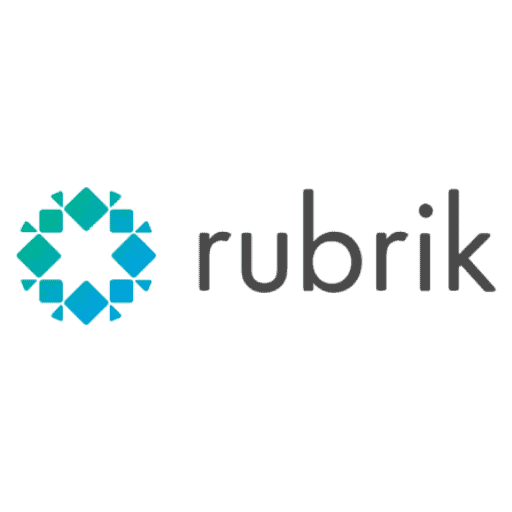New research released today by Veritas Technologies shows that confusion over generative AI in the workplace is simultaneously creating a divide between employees while also increasing the risk of exposing sensitive information. More than two-thirds (68%) of Australian office workers acknowledged using generative AI tools such as ChatGPT at work—including risky behaviour like inputting customer details, employee information and company financials. However, over one in five not only do not use these tools, but even think their coworkers’ pay should be docked for using them to assist with work (21%). Regardless of their disposition toward using generative AI, 93% said guidelines and policies on its use are important, but only 32% of employers currently provide any mandatory usage directions to employees.
Pete Murray, Managing Director of ANZ at Veritas, said: “When employers don’t provide guidance on how to use generative AI appropriately at work, or even whether it should be used at all, it can create a ‘Wild West’ of AI cowboys — where some employees are using generative AI in risky ways, some hesitate to use it at all, and others resent their colleagues for doing so. It’s not an ideal situation for anyone, especially employers, who could face regulatory compliance penalties or miss out on ways to increase efficiency for their people. To resolve this, employers should be proactively issuing effective generative AI guidelines and policies, to set expectations and boundaries on what’s acceptable and what isn’t.”
Lack Of Generative AI Guidelines And Policies Is Putting Australian Organisations At Risk And Creating Distrust
Without clear guidelines, Australians are recognising the downsides of using such tools. When asked about the risks of using these in the workplace, 47% said they could leak sensitive information, 44% said they could generate incorrect or inaccurate information and 43% cited the compliance risks associated. Meanwhile, 40% of Australian workers say they do not believe their employer will replace roles in the next three years, because AI is less secure. Despite this, roughly a quarter (24%) of office workers still admitted to inputting potentially sensitive information like customer details, employee information and company financials into generative AI tools.
Lack Of Trust Causing Australian Employees To Look To Other Sources Of Information At Work
When asked for their top three sources of information at work, Australian workers are still most likely to turn to their colleagues (70%), their line managers (68%), or even Google (59%). This compares to the just over a quarter (27%) of employees who said they would turn to ChatGPT or Bard, well below the global average of 36%. Interestingly, Australians would still rather ask their personal family or friends (33%) about information related to work, than a generative AI tool.
Lack Of Generative AI Guidelines And Policies Is Causing Australian Organisations To Miss Out
While 51% of office workers said they use generative AI tools at least weekly, 32% said they do not use them at all. The reason this sizable portion of the workforce is not using generative AI may be because only 46% of respondents have received any guidance from their employers on what is acceptable and what is not. This has at least two negative outcomes: First, it increases the potential of employee infighting and negative workplace culture, as 51% said that some employees using generative AI have an unfair advantage over those who are not. Second, many office workers are not increasing their efficiency with the help of the appropriate use of generative AI. For example, those who are using it said they benefit from faster access to information (50%), automating mundane tasks (43%), increased productivity (36%), generating new ideas (32%) and finding advice on workplace challenges (20%).
Aussie Employees Want Generative AI Guidelines And Policies
More than three-quarters (76%) of Australian employees want guidelines, policies or training from their employers on using generative AI within their organisations. The top reasons given were: so employees know how to use the tools in an appropriate way (72%), to reduce risk (45%) and to create a level playing field in the workplace (25%).
Murray concluded: “The message is clear: design, implement and clearly communicate guidelines and policies on the appropriate use of generative AI. In parallel, use the right data compliance and governance toolset to monitor and manage their implementation and ongoing enforcement. Done right, your organisation can enjoy the benefits without increasing risk.”
Survey Methodology
The survey was conducted by market research agency 3Gem in December, 2023. The sample was 11,500 office workers across Australia (1,000), Brazil (1,000), China (1,000), France (1,000), Germany (1,000), Japan (1,000), Singapore (500), South Korea (500), the UAE (500), the UK (2,000) and the US (2,000).





